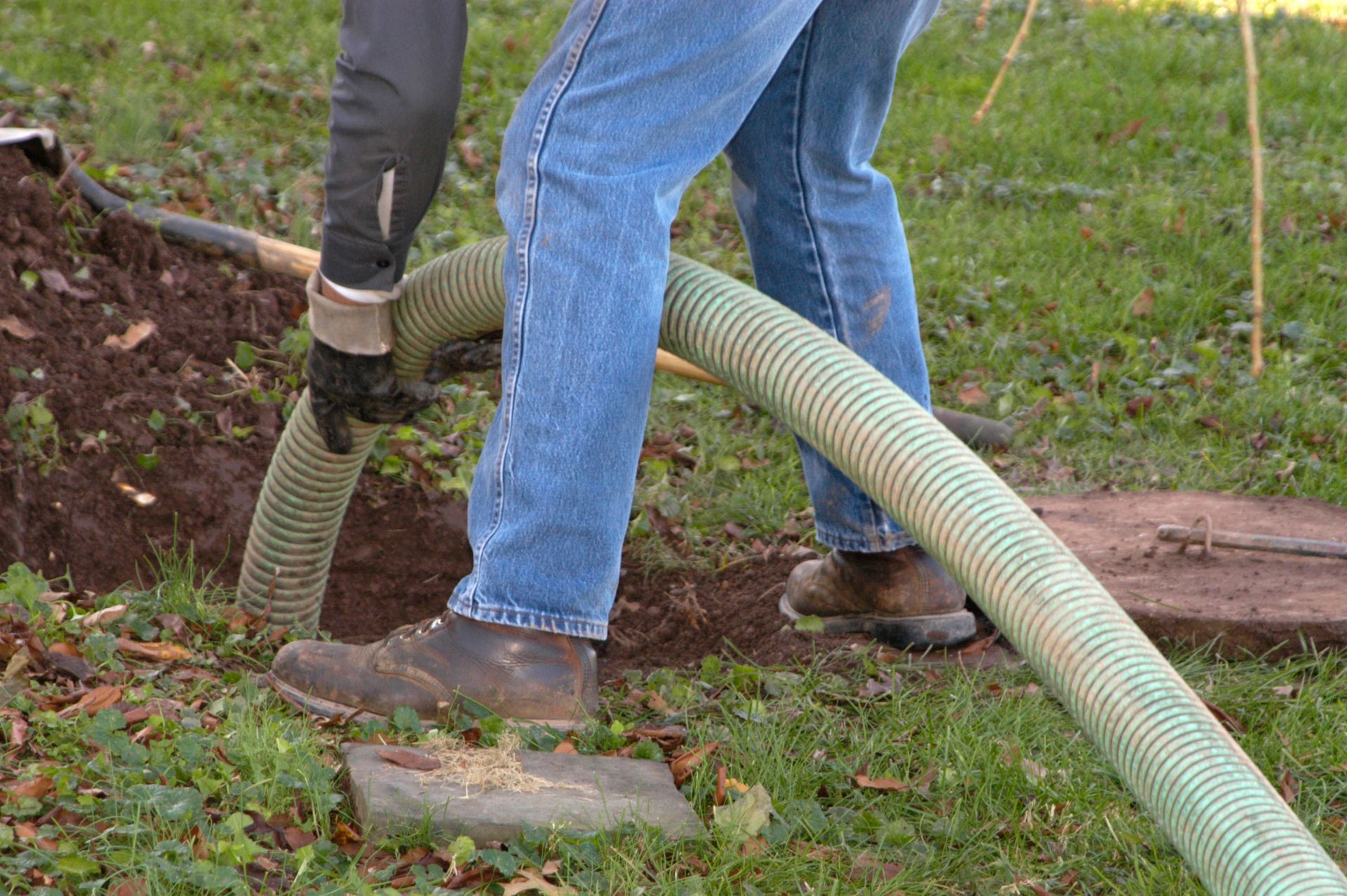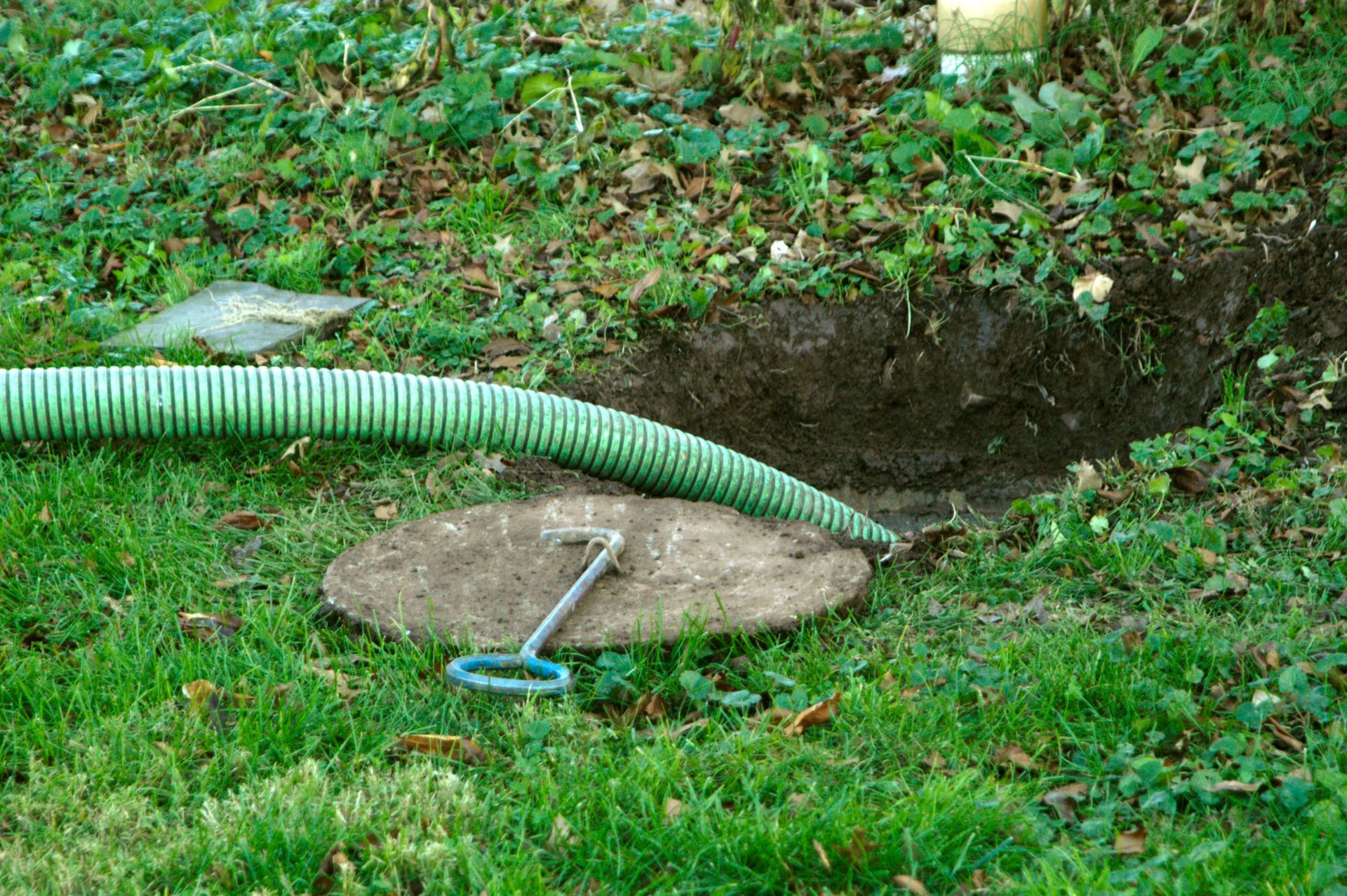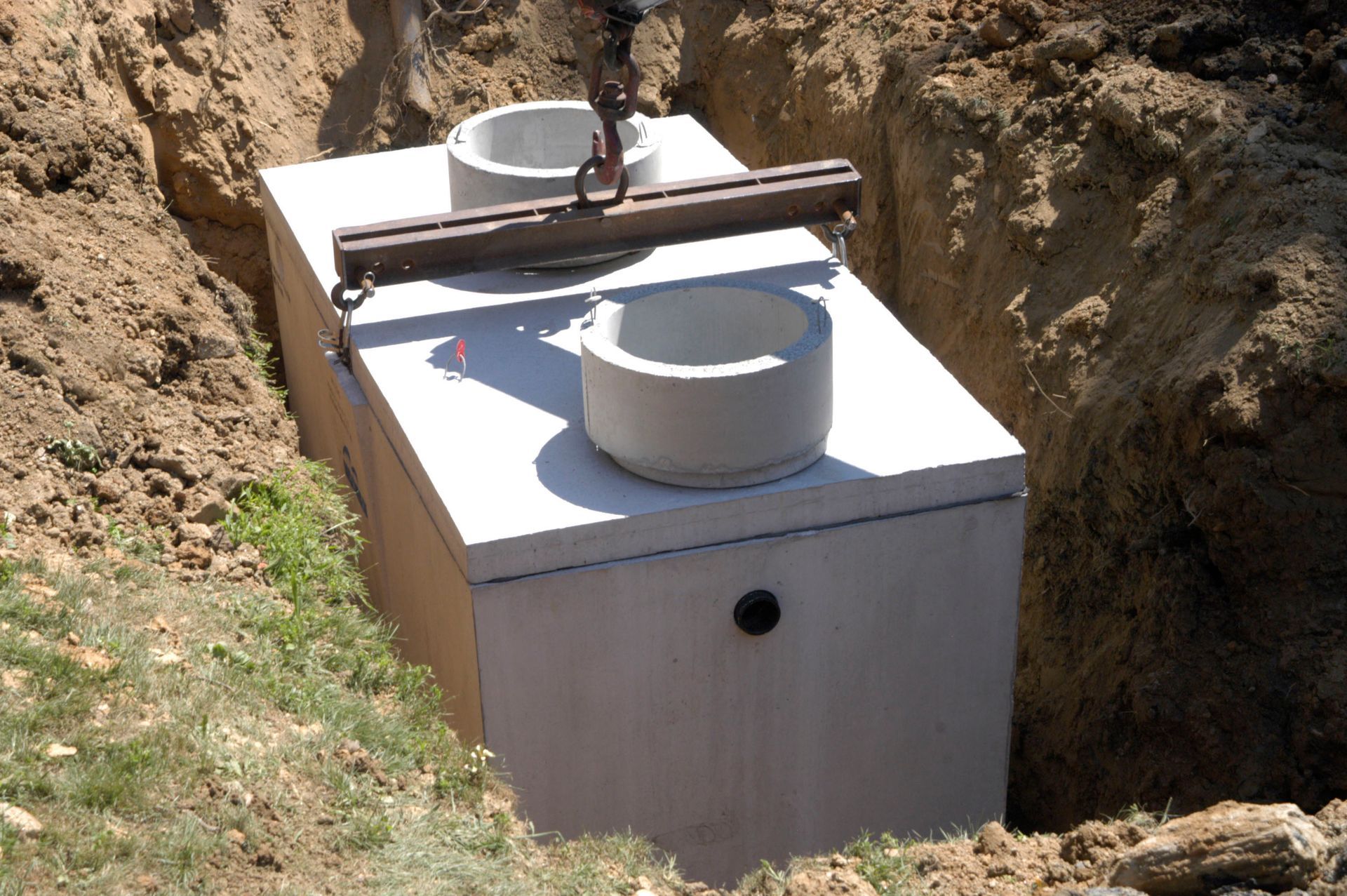Questions for Your Septic System Installer
When it comes to managing wastewater on your property, hiring the right septic system installer is one of the most important decisions you can make. A well-designed and properly installed system can protect your home, your land, and your family’s health for decades. However, not all installers have the same experience, knowledge, or commitment to quality. Knowing what questions to ask before signing a contract can help you avoid costly mistakes and ensure your septic system is built to last. This guide covers essential questions every homeowner should discuss with their septic system installer before beginning the project.
What Experience Do You Have With Septic System Installations?
One of the first questions to ask any contractor is about their experience. Installing a septic system involves understanding local soil types, property grading, and environmental regulations. A knowledgeable septic system installer should be able to explain how many projects they’ve completed, what types of systems they’ve worked with, and how they approach unique site challenges. The more experience they have in your area, the more confident you can be in their ability to complete the job correctly.
Since every property has different terrain and drainage patterns, experience plays a major role in ensuring the system functions efficiently. Ask whether they’ve handled similar properties or worked with the same type of soil conditions as yours. An experienced septic system installer will know how to adjust the design to maintain proper water flow and avoid potential issues like backups or overflows.
Are You Licensed and Insured?
Before hiring anyone to work on your property, confirm that they hold the necessary licensing and insurance. Septic system installation is regulated by state and local authorities, and only certified professionals are permitted to perform this type of work. A licensed septic system installer demonstrates that they have met the qualifications, training, and testing required to ensure safe and compliant installations.
Insurance is equally important because it protects both you and the installer from financial liability in case of property damage or injuries. Request proof of liability and workers’ compensation coverage before work begins. This simple step ensures that you’re not responsible for unexpected costs if something goes wrong during the installation process.
What Type of Septic System Is Right for My Property?
Every property is unique, and the type of septic system you need depends on several factors, including soil type, groundwater levels, property size, and local regulations. A professional septic system installer should evaluate your land and recommend a design that suits your site conditions. This might include a conventional system with a leach field, an aerobic treatment system, or a mound system for properties with high water tables.
According to This Old House, approximately one in four homes use a septic system. That statistic underscores how important it is to choose a design that’s appropriate for your location and household needs. A skilled septic system installer will walk you through the options, explain how each system works, and help you understand which one offers the most reliable long-term performance for your property.
Can You Provide References or Previous Project Examples?
Reputable contractors should have a portfolio of past work and a list of satisfied customers willing to share their experiences. Asking for references gives you an opportunity to learn how previous projects went, how the company handled communication, and whether deadlines were met. Speaking with past clients can give you valuable insight into what working with a particular septic system installer is really like.
In addition to client feedback, ask to see photos of completed installations or visit a nearby site if possible. Observing their work firsthand allows you to assess the quality of materials used and the installer’s attention to detail. A septic system installer who takes pride in their work will be happy to share examples of successful projects.
Do You Handle Permits and Inspections?
Installing a septic system requires obtaining permits and adhering to local health department regulations. The permitting process ensures that your system is designed and installed safely, preventing contamination of groundwater and nearby properties. A professional septic system installer should manage this process for you, from submitting the necessary applications to coordinating required inspections.
Make sure to clarify what responsibilities the installer will handle versus what you, as the homeowner, are expected to manage. In most cases, your contractor should take care of obtaining approvals, scheduling inspections, and ensuring the installation meets all local codes. This not only saves time but also reduces the risk of costly violations or delays.
What Materials Do You Use for Installation?
The materials used in your septic system can significantly affect its longevity and performance. Ask your septic system installer to specify the types of pipes, tanks, and components they plan to use. High-quality materials are less prone to cracking, corrosion, and failure, which translates into fewer repairs and lower maintenance costs over time.
Understanding the materials also helps you compare quotes from different contractors. If one estimate is significantly cheaper than another, it may be due to the use of inferior materials. A reliable septic system installer will prioritize durability and compliance with local standards rather than cutting corners to reduce costs.
What Is the Estimated Timeline for Completion?
Timelines are essential when planning any home improvement project. Ask your septic system installer for a clear estimate of how long the project will take, including the stages of site evaluation, permitting, excavation, installation, and inspection. While weather and permitting delays can occur, experienced installers provide realistic timeframes and maintain open communication if schedules need to shift.
It’s also important to discuss the impact installation may have on your property and daily routine. A professional septic system installer should take steps to minimize disruption, clearly mark work zones, and ensure the area is left clean and safe once the project is complete.
What Kind of Maintenance Will My Septic System Need?
A properly installed system can last for decades, but only with regular care and maintenance. Before your project begins, ask your septic system installer what type of ongoing service your system will require. Routine inspections, pumping, and cleaning are all critical to keeping it functioning properly and preventing major issues.
Many installers also offer maintenance plans that include scheduled checkups to monitor your system’s condition. Discuss these options in advance to understand what maintenance costs to expect in the coming years. A reliable septic system installer will help you develop a maintenance schedule that fits your system’s needs and ensures long-term reliability.
How Do You Handle Unexpected Issues During Installation?
Even with careful planning, unexpected challenges can arise during installation. Hidden rock formations, groundwater issues, or unstable soil can require adjustments to the original plan. Ask your septic system installer how they handle unforeseen obstacles and whether they will discuss additional costs or options with you before proceeding.
Communication is key when surprises occur on the job site. A professional septic system installer will keep you informed, explain potential solutions, and ensure any modifications maintain compliance with local regulations. Clear communication helps avoid misunderstandings and ensures that you remain confident throughout the project.
What Warranties Do You Offer?
Before signing a contract, ask about warranties for both materials and workmanship. A reputable septic system installer should stand behind their work and offer guarantees that cover the system’s performance for a specified period. Warranties protect you from defects in materials or installation errors that could lead to early system failure.
Review all warranty terms carefully, and ask for them in writing. This ensures that you fully understand what’s covered and how to request service if an issue arises later. Choosing a septic system installer who offers strong warranties gives you added confidence that your investment is protected.
Choosing the right septic system installer is essential for ensuring that your wastewater system operates safely and efficiently for years to come. By asking thoughtful, informed questions before hiring, you can avoid future headaches, protect your property, and gain confidence in your contractor’s abilities. From licensing and materials to warranties and maintenance, Coast Construction understands every detail matters when it comes to this critical part of your home’s infrastructure. With careful planning and open communication, we can ensure you'll be well on your way to a reliable septic system that supports your home and family for decades. Reach out to us today.




Share On: